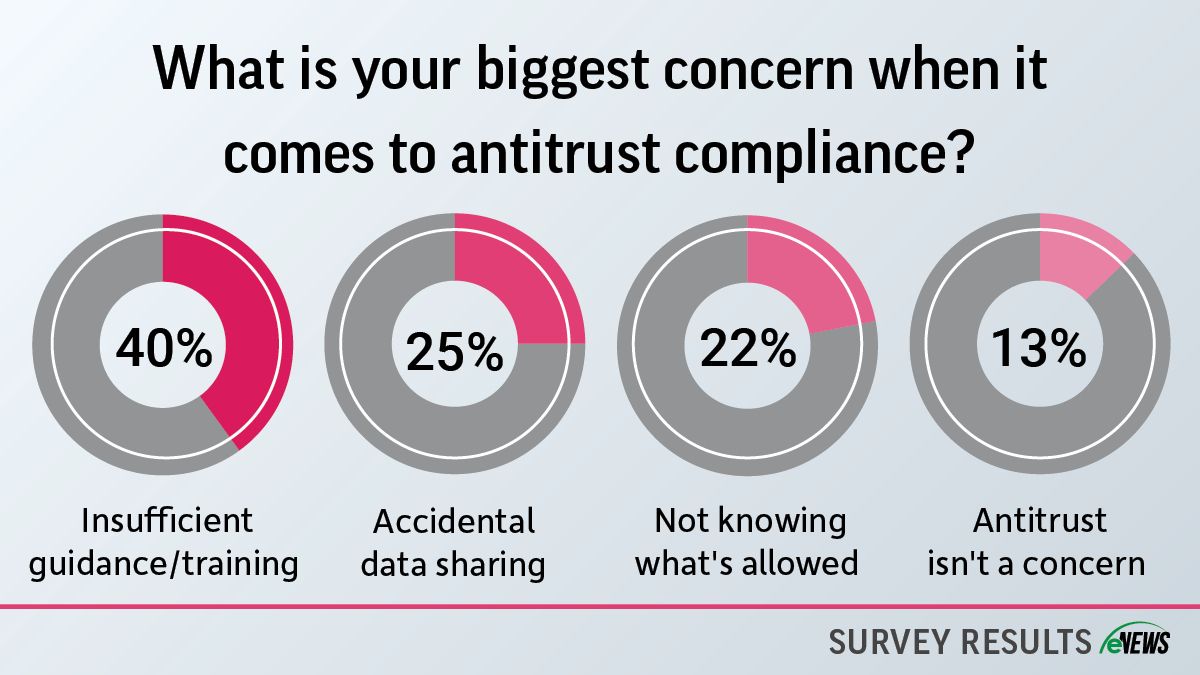Business Practices, Education, eNews
Audit season: A guide for credit managers
Audits are designed to ensure all financial reports are knowledge-based, factual and follow regulatory guidelines. The auditing process is important as it presents credibility to a set of financial statements—giving both shareholders and the company confidence in the fairness of all accounts. It can also help to improve a company’s internal controls and systems as a resource to better processes and find efficiencies in them.

Audits are designed to ensure all financial reports are knowledge-based, factual and follow regulatory guidelines. The auditing process is important as it presents credibility to a set of financial statements—giving both shareholders and the company confidence in the fairness of all accounts. It can also help to improve a company’s internal controls and systems as a resource to better processes and find efficiencies in them.
Why it matters: Based on the auditing and internal control requirements imposed by the Sarbanes-Oxley (SOX) Act of 2002, executives must certify financial statements and companies must maintain internal controls to prevent fraud. SOX prohibits outside auditors from having financial relationships with the companies they audit.
It is nonnegotiable that credit managers complete their own due diligence. As someone who started her career in auditing for commercial credit, Brooke Wilson, ICCE, region credit manager at Volvo Penta of the Americas (Chesapeake, VA), said it is important for credit professionals to truly understand the process of auditing.
What they’re saying: “It not only opens doors to seeing things from a different perspective and then helps you with being a credit manager, but it also creates more awareness in what you need to look for and understand when evaluating someone or a customer in that respect,” Wilson said. “While we may not all enjoy being audited, in some ways we are auditors ourselves. Whether we’re reviewing documentation or noting process and procedures, it’s the same as looking at an internal control’s perspective or auditing for fraudulent activity.”
All auditors have the purpose of looking for proof that your report of revenue or records match what they find themselves. Some auditors may even ask customers directly to confirm. “Sometimes auditors may ask us to provide an invoice copy or proof of delivery to show that we provided the product and then proof of payment to show that the customer paid it,” said Kelly Simon, CCE, senior credit and collections manager at Outdoor Research (Seattle, WA). “Auditors will take a look at inventory and if it is represented accurately and everything is proofed then there would be audited financial statements.”
Yes, but: The overall purpose of auditing is an obligation—but here are a few dos and don’ts for credit professionals when it comes to the auditing process.
Do
Communicate clear expectations to the auditor. It is essential to communicate what you can without volunteering too much information. Though it may be a fine line balancing both sides, holding back key information can lead to serious legal repercussions in the future.
“There has to be some sort of rapport with the auditor to garner a sense of trust,” said Denise Moller, CCE, ICCE, credit manager at Agri-Fab, Inc. (Sullivan, IL). “You may experience different auditors with different experience levels, so communication skills are essential for no matter who shows up.”
Be transparent. Following clear communication, transparency within that communication is also essential. If you act evasively or try to be protective, it can create a trust issue. You want them to know you’re being upfront and honest with your information. In addition to looking at credit lines, policies and procedures and seeing if you do what you say you’re doing in assessing customers, auditors will also check to make sure you are following your process of delegation of authority (DOA). For example, if someone is signing off on credit terms outside of their DOA.
Don’t
Don’t answer questions that aren’t asked. When faced with questions from auditors, the instinct may be to provide as much information as possible to ensure transparency and cooperation. Volunteering extra information beyond what is explicitly requested can potentially open a Pandora’s box of inquiries and complications.
Don’t get too comfortable. When you’re too comfortable with an auditor or the auditor is too close it can create a blind trust—leaving the door open for someone or something to be taken advantage of. “Across the board, trust and respect should be given regardless, and leading with respect is important,” Wilson said. “However, if there is that rapport, then they know that they will get quality work or the information they need. It’s a good learning opportunity for my team to see what auditors ask for and why they ask for it. It’s important that even when auditors are not here, we continue to uphold these processes and abide by guidelines and rules. Ultimately, they are here to protect us and the company.”
The bottom line: Credit professionals must understand the auditing process to better oversee transactions and ensure due diligence.





